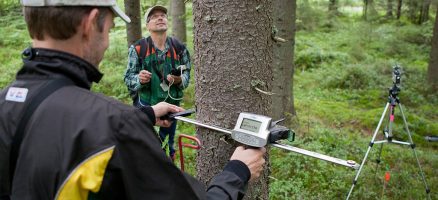 A Year for Revising Our Strategy
A Year for Revising Our Strategy
In 2019, we revised Luke’s strategy, together with our personnel and stakeholders. According to our vision, renewable natural resources enable wellbeing and a sustainable future. Our new strategy focuses on a climate-smart carbon cycle, an adaptable and recoverable bioeconomy, profitable and responsible primary production, as well as the circular bioeconomy.









